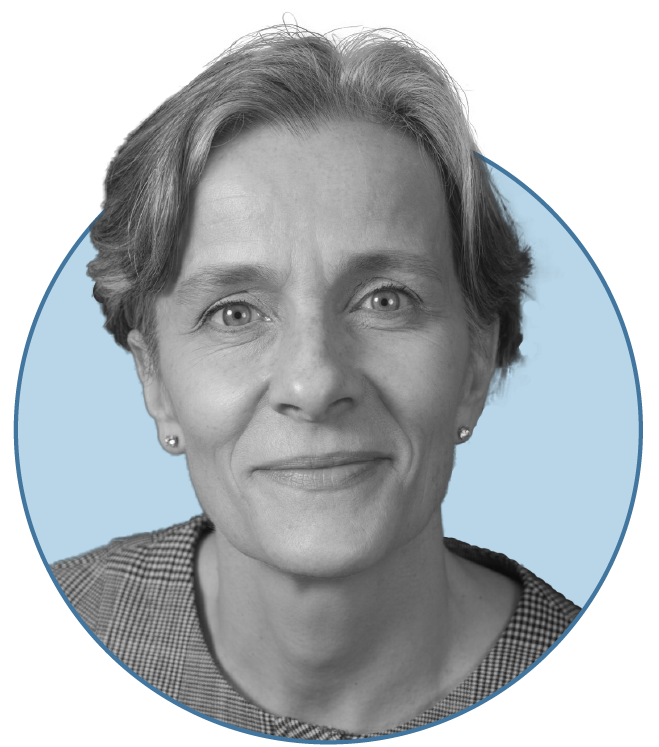
Antoinette has been a mediator since 2009 and an attorney since 1994. Before starting the Mediation Project in 2013, she was a senior attorney in NYLAG’s Matrimonial & Family Law Unit of which she also served as director from 2001 to 2004. She has taught mediation to legal services attorneys and court staff professionals and has participated as a teaching assistant at mediation trainings of the Center for Understanding in Conflict. She has been a mediator for the New York City Family Court Mediation Program since 2013, on the rosters of the Kings and New York County Supreme Court Pilot Mediation Programs their inception. She was the president of the Family and Divorce Mediation Council of Greater New York from 2014 to 2016 and is currently on the board of the Center for Understanding in Conflict. She is a member of the state-wide ADR Advisory Committee formed by Chief Judge DiFiore in April 2018 to give her recommendations on how to increase the use of ADR in the NYS court system.
Can you please share a little bit about your background? How did your experiences lead you to joining the CUC board?
I started answering this question a week ago and wrote that I find conflict fascinating. I represented victims of domestic violence for 18 years at the NY Legal Assistance Group, a free legal services organization for which I am still working and I am firmly convinced that they need the protection of the courts. For other couples, mediation is a much more satisfying and positive process which I practice with families who live free of violence. I truly became a mediator only after taking the intensive mediation training of the CUC, which changed my life. I am thrilled to be joining the board of such a terrific organization. A week later, after one more horrifying murder caused by racism ⁱ , I am now even more eager to work on listening deeply and on reflecting on what’s happening inside myself.
Can you share an experience using the Understanding-based model?
I use the Understanding based model every day so, the question is a bit like asking me to share how I breathe…
[Recently], I mediated with a couple who described feeling “stuck” in their disagreements because both of them always want to win. My co-mediator (I co-mediate all of my cases with volunteer mediators) and I looped both parties regarding how they co-parent their children. We asked them many “why” questions. At the end of the session, the husband, who was initially a little reluctant about mediation, said that we had “unstuck” them and managed to change their dynamic. The wife agreed.
What is one key piece of advice you’d like to share with other conflict resolution professionals?
I would say to try not to demonize or idealize any particular form of conflict resolution. I mediate without caucus but I have seen times where caucus was necessary. I have used the collaborative law model. I prefer mediating than litigating and most of the time, mediation is preferable but sometimes litigation is where justice is done. Finding the appropriate method is the tricky part. I am still working on it!
What are some important issues for today’s conflict resolution professionals to be connected with?
The issue of race relations, which the CUC has been working on with “Real Talk” is at the forefront of my mind. What can we do to change the “systems” such as the family courts that people with low income are forced to use to resolve their conflicts because they are the only ones that were free? And when courts are closed, how do we deal with the fact that mediation is no longer a voluntary process because people don’t have a choice?
What is something you enjoy doing with your free time?
I love making picture albums. I have always been the “archivist” in my family. I even have pictures taken in 1945 of American tanks liberating Liege (in Belgium), the city where I grew up!
ⁱ This is in reference to George Floyd